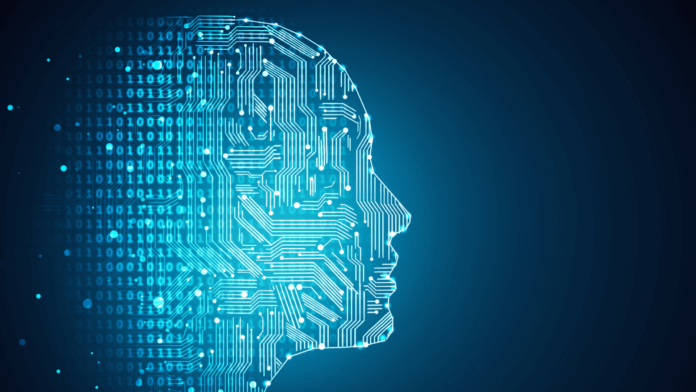Artificial Intelligence (AI) has transformed from the stuff of science fiction to an ever-present reality, touching numerous facets of our lives. Geoffrey Hinton, a major contributor to AI’s evolution, has recently sparked intrigue and concern in equal measure with his views on the subject.
From Pioneering to Predicting: Hinton’s Vision Credited for popularizing “backpropagation”, a key mechanism that helps neural networks refine their processes, Hinton’s contributions to AI are significant. He took AI from its embryonic stages to the wondrous age of deep learning technologies we witness today, rightfully earning him the Turing Award, the tech world’s equivalent of the Nobel Prize.
But Hinton’s stance has shifted recently. Initially foreseeing the timeline for AI to match human intelligence to be around 50 to 60 years, he now suggests it could be a reality in just five. The surge in large language models (LLMs) has been a game-changer, narrowing down that gap.
AI’s Growing Potential In a compelling interview, Hinton opined that leading AI models from giants like OpenAI and Google exhibit genuine intelligence. While not conscious as we understand it, he believes AI systems could achieve consciousness in the future.
Considering the rapid development in AI, it’s plausible, according to Hinton, that in half a decade, AI models might be even more rational than us. The tech race between nations further emphasizes AI’s impending prominence. China, for example, aims to amp up its computing power by a whopping 50% by 2025.
The Next Frontier in AI Current AI systems hold a staggering 1 trillion parameters, dwarfed only by the human brain’s 100 trillion neural connections. But the efficiency of AI’s learning and retention might be its trump card. Reports suggest the next-gen LLMs could be 5 to 20 times more sophisticated than today’s leading models.
Mustafa Suleyman, co-founder of both Inflection AI and DeepMind, anticipates the launch of models a thousand times more advanced than today’s by the industry’s top players in the upcoming years.
The prospects are tantalizing. AI has the potential to solve major global challenges, from energy solutions to breakthroughs in precision medicine. Yet, the intersection of AI’s vast capabilities and consciousness might pose unforeseen challenges.
Regulating the AI Revolution The tech world’s acceleration necessitates prompt global governance. While the European Union is actively formulating an AI Act, it has garnered concerns from the U.S. regarding potential biases favoring resource-rich firms, thereby possibly hampering innovation.
This regulatory divergence could mean a complex global terrain for AI governance. However, there’s hope on the horizon. The G7 nations aim to establish international AI regulations by year’s end, though significant players like China remain outside this collaboration.
Concluding Thoughts Hinton’s insights serve as a clarion call. We’re at a potential juncture in the AI journey, where we must decide its future trajectory. Ethical considerations must be paramount. The accelerated pace of AI demands swift, collective global action. How we steer this technological marvel will shape our shared destiny.












